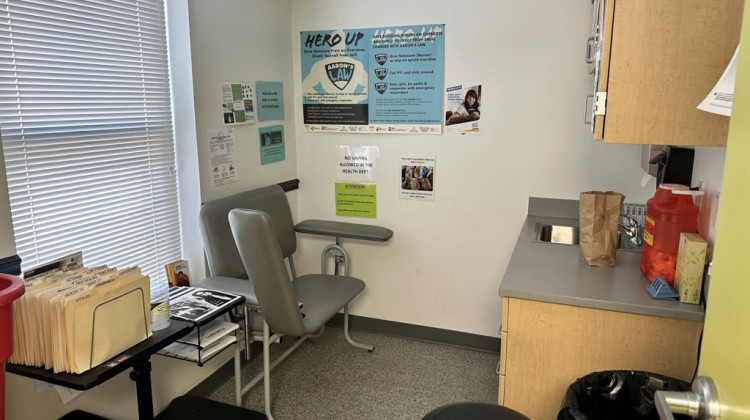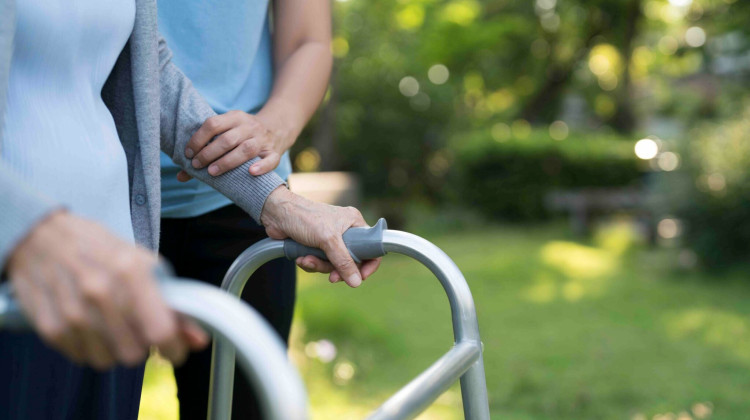A report focused on ending the opioid crisis highlights state policies that are making an impact. Indiana has taken many of the steps mentioned and is used, in one case, as a positive example.
The report from the National Center on Addiction and Substance Abuse mentions a new Indiana law that allows counties to set up syringe exchange programs without state approval.
Chris Abert with Indiana Recovery Alliance says evidence shows these public health programs work.
“We know that people are five times more likely to seek treatment if there is a syringe service program than if there is not,” says Abert.
But in recent months, two counties have ended syringe programs in Indiana. Abert says local health departments, instead of policy makers who may have influenced the closure of programs, should run county syringe exchanges.
“We’re leaving public health up to popularity contests because what we heard is that local commissioners went out and talked to their constituents and they were not in favor of the program,” says Abert.
He says Indiana policies could be even better.
“For example in Indiana, legally syringe service programs aren’t allowed to do what is called peer to peer exchange which can reach three times as many people as direct service,” Abert says.
The report focuses on other evidence based practices Indiana has implemented, including increased access to naloxone and restricted prescribing practices. It also emphasizes the need for a comprehensive approach that includes funding and resources.
 DONATE
DONATE










 Support WFYI. We can't do it without you.
Support WFYI. We can't do it without you.